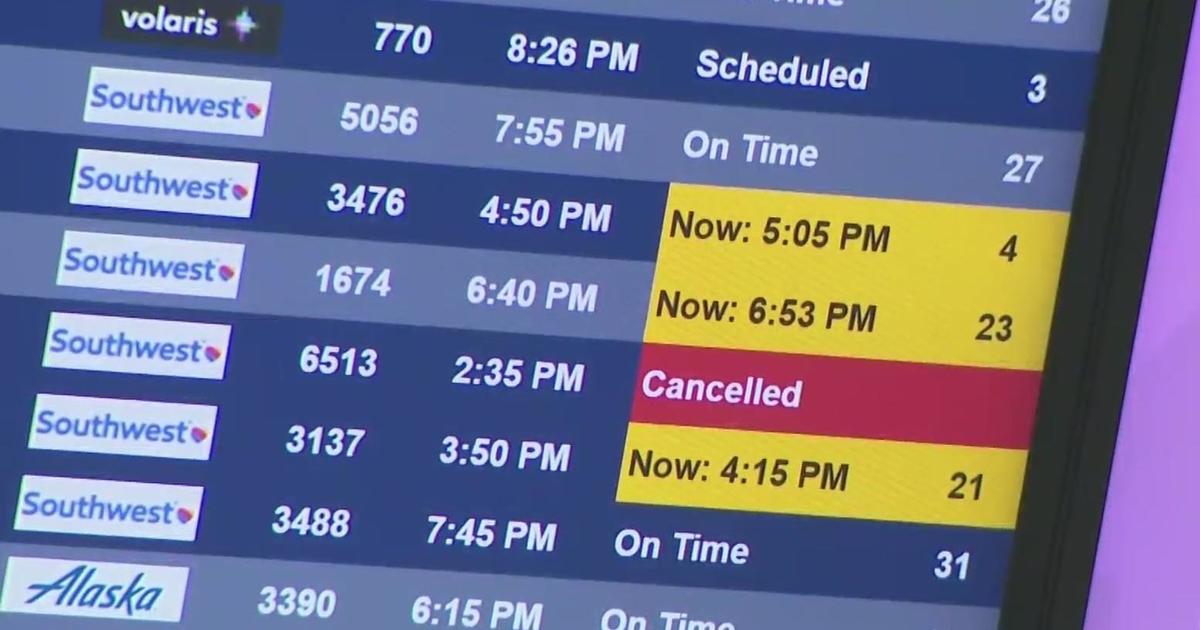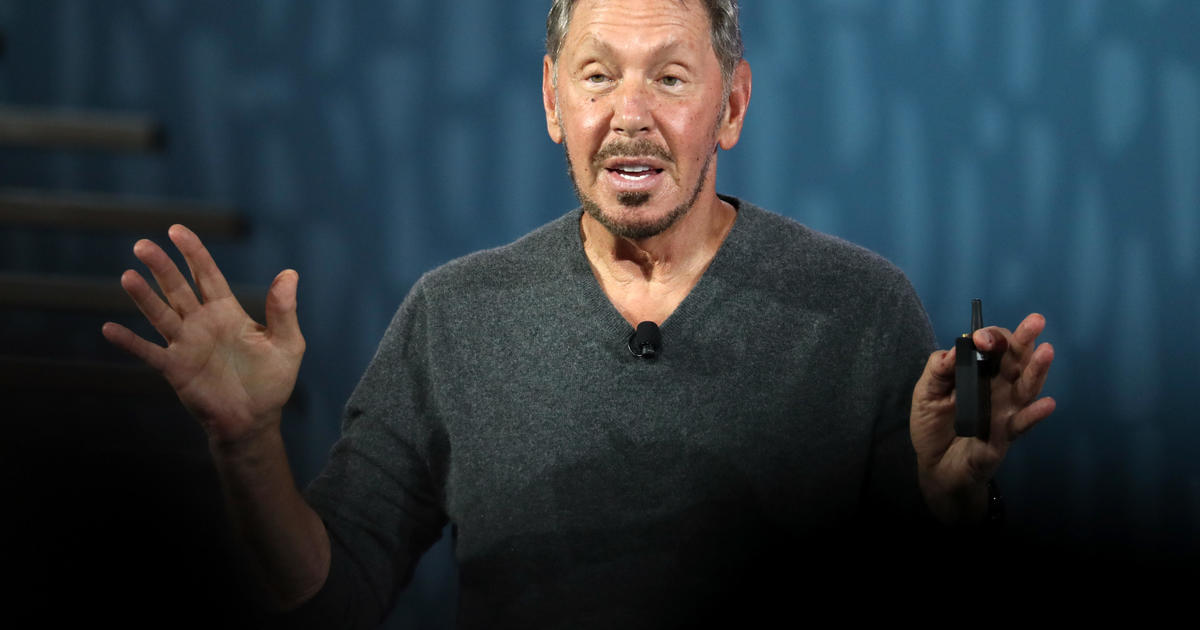Is broadband essential, like water or electricity? New net neutrality effort makes the case
Landmark net neutrality rules rescinded under former President Donald Trump could return under a new push by U.S. Federal Communications Commission chair Jessica Rosenworcel. The rules would reclassify broadband access as an essential service on par with other utilities like water or power.
"For everyone, everywhere, to enjoy the full benefits of the internet age, internet access should be more than just accessible and affordable," Rosenworcel said at an event at the National Press Club. "The internet needs to be open."
The proposed rules would return fixed and mobile broadband service to its status as an essential telecommunications service under Title II of the Communications Act. It would also prohibit internet service providers from blocking or throttling lawful Internet traffic and from selling "fast lanes" that prioritize some traffic over others in exchange for payment.
The move comes after Democrats took majority control of the five-member FCC on Monday for the first time since President Joe Biden took office in January 2021 when new FCC Commissioner Anna Gomez was sworn in.
Rosenworcel said the FCC will vote in October to take public comment on the proposed rules.
Net neutrality is the principle that internet providers treat all web traffic equally, and it's pretty much how the internet has worked since its creation. But regulators, consumer advocates and internet companies were concerned about what broadband companies could do with their power as the pathway to the internet — blocking or slowing down apps that rival their own services, for example. Big telecom companies have fought regulations fiercely in court. They say the rules can undermine investment in broadband and introduced uncertainty about what were acceptable business practices.
Law professor Tim Wu, now at Columbia University, coined the term "net neutrality" in 2003 to argue for government rules that would prevent big internet providers from discriminating against technology and services that clashed with other aspects of their business. Allowing such discrimination, he reasoned, would choke off innovation. But big telecommunications companies argue that they should be able to control the pipes they built and own.
The FCC in 2015 approved rules, on a party-line vote, that made sure cable and phone companies don't manipulate traffic. With them in place, a provider such as Comcast can't charge Netflix for a faster path to its customers, or block it or slow it down.
The net neutrality rules gave the FCC power to go after companies for business practices that weren't explicitly banned as well. For example, the Obama FCC said that "zero rating" practices by AT&T violated net neutrality. The telecom giant exempted its own video app from cellphone data caps, which would save some consumers money, and said video rivals could pay for the same treatment. Under current chairman Ajit Pai, the FCC spiked the effort to go after AT&T, even before it began rolling out a plan to undo the net neutrality rules entirely.
A federal appeals court upheld the rules in 2016 after broadband providers sued.
However, the FCC junked the Obama-era principle in 2017. The move represented a radical departure from more than a decade of federal oversight.



